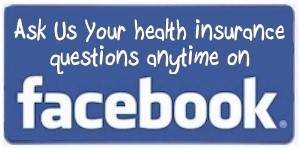May 29th, 2009 – We all know that is dangerous to go uninsured, which can result in both huge medical bills and reduced access to treatment. While the costs to the uninsured are fairly obvious, the societal costs of the uninsured is worth a closer look.
When people that are uninsured seek treatment, many wait until the illness is quite serious and wind up in hospital emergency rooms. ER visits can be incredibly expensive and because many uninsured people can’t afford to pay for a large hospital bill, they either wind up making payments for years or walking away from the bill, having to deal with bill collectors and having their credit destroyed.
So what happens to that unpaid bill? Of course, the hospital will most often pass those costs on to insured patients in the form of higher charges for services.
A new study from Families USA reports that the average family in the United States pays an extra $1,000 every year in the form of increased health insurance premiums to help offset the costs of the uninsured.
The uninsured paid 37% of the charges owed, the government paid 26% and that left 37% completely unpaid. While 37% may not sound like a lot, that translated into $43 billion in unpaid care that was largely passed on to families and small businesses in the form of higher charges and ultimately resulting in higher health insurance premiums.
Universal health care, where all people are required to carry health insurance through their company, their own private plan (which may be subsidized by the government) or by a government program like Medicare or Medicaid will ultimately help us to reduce health insurance costs for people with employer sponsored and personal health insurance, by increasing the size of the risk pool and reducing the cost shifting burden.





